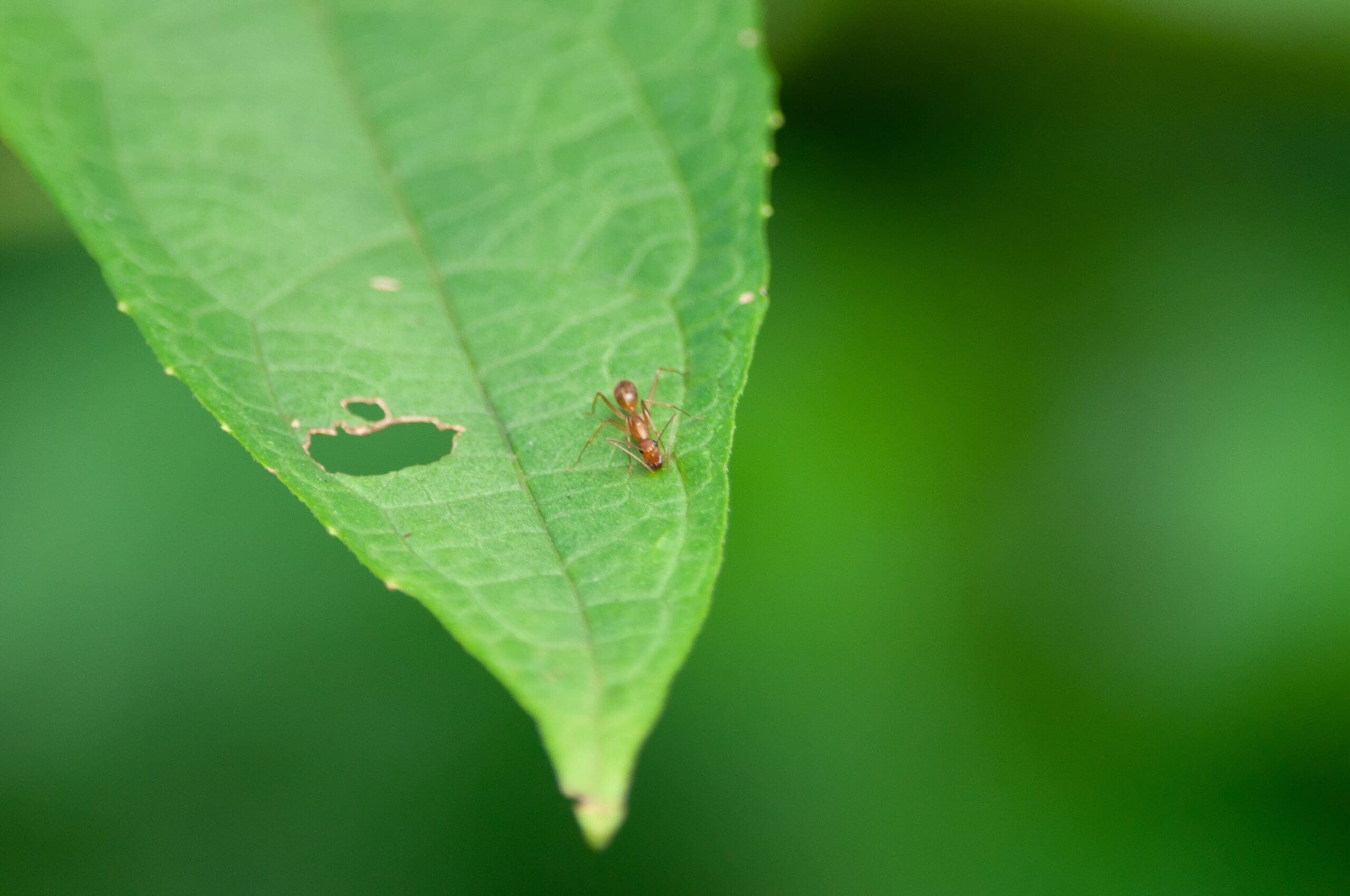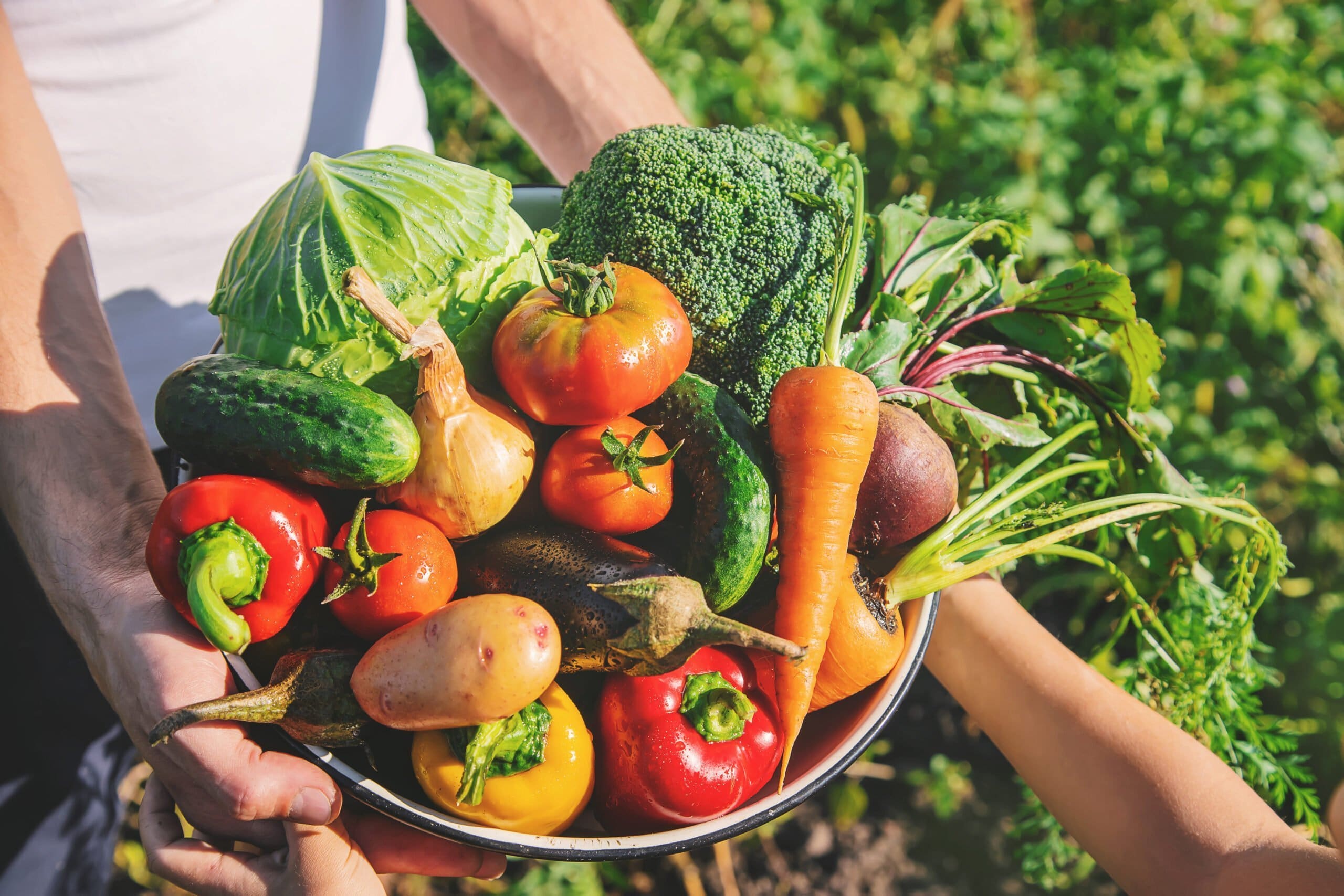
When planting a home vegetable garden, location is key! When you decide on a location in your yard there are some things you should take into consideration like the amount of sunlight the spot gets, the water drainage, if pests are present, and the type of soil. Follow our guide below to find the perfect spot for your delicious fresh vegetables to grow!
Sunlight
Almost all vegetables require at least 6-8 hours of sunlight per day to grow successfully. When you choose a location for your vegetable garden make sure that it will receive the required hours of sunlight at a minimum. Make sure to look for towering trees that might be surrounding your area causing unwanted shade.
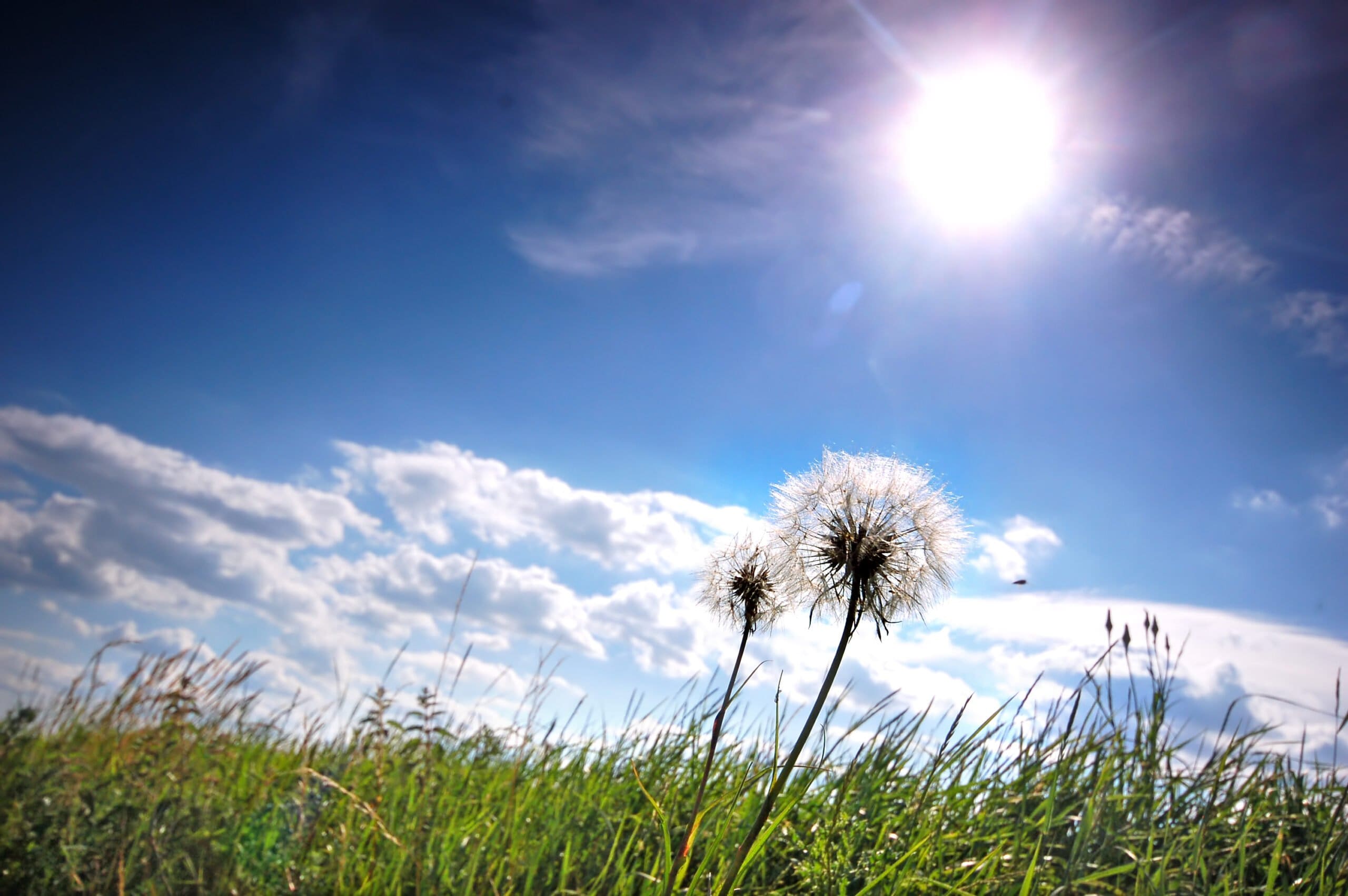
Water Drainage
Making sure the plants in your home vegetable garden are hydrated is extremely important. However, there is such a thing as over watering. When you are deciding on a location for your garden, look to see how the water drainage is. You want an area with good drainage. Too much water pooling in the soil and near the roots can cause the roots to start rotting. It is recommended to place a home vegetable garden in either a raised garden bed or raised row to allow for successful drainage.
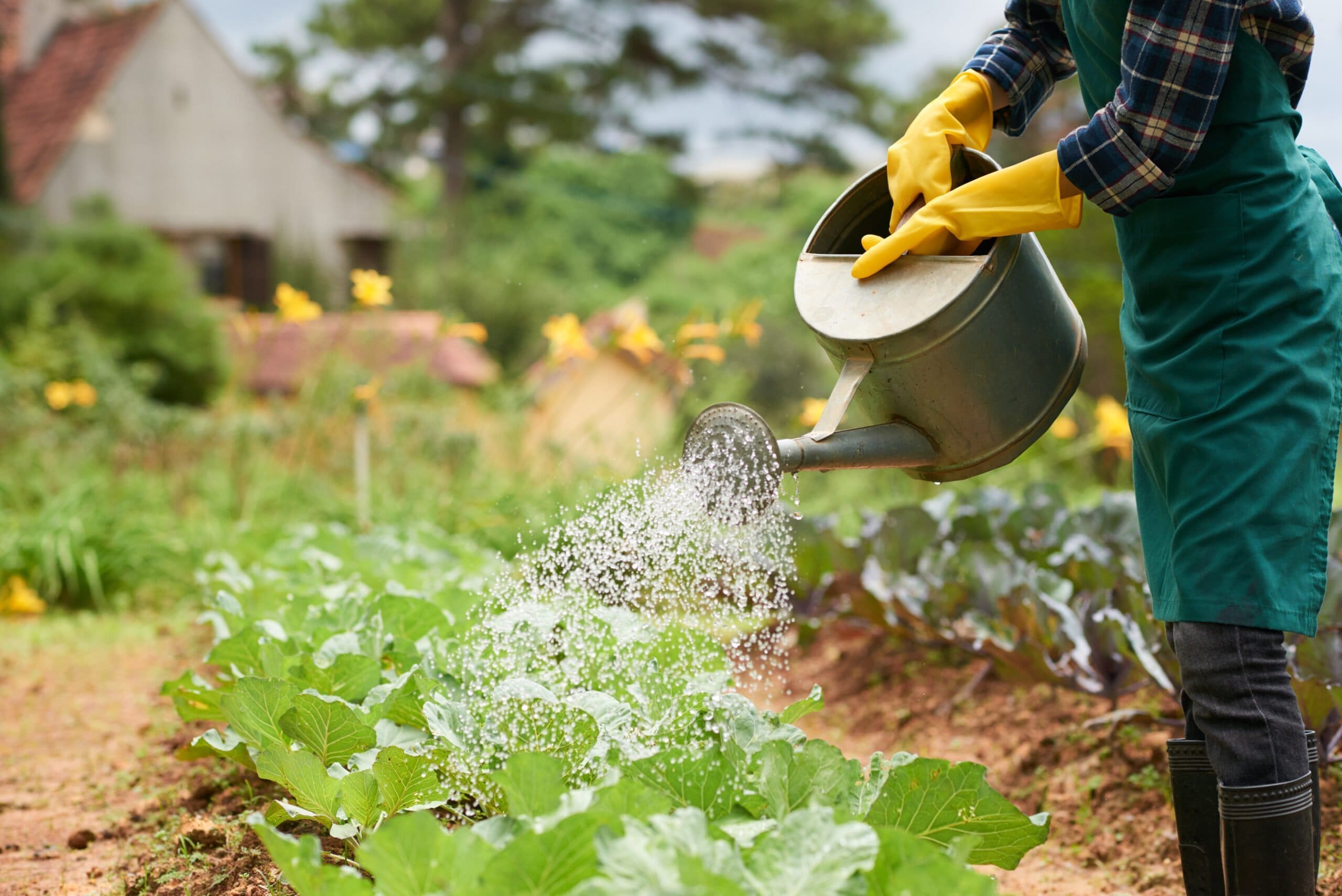
Soil
In order to grow, your home vegetable garden needs to be planted in an area with rich and heavy soil. So, how do you tell if your soil is rich and heavy? You can usually tell by feeling it. If the soil is easy to dig and seems like water can drain through it easily, you most likely have good soil. If your soil is too gritty and not rich enough, you can improve it by adding organic matter to the soil. This is also known as composting. If you make any changes to your soil, allow a few days afterwards to let it acclimate before proceeding to any plants.
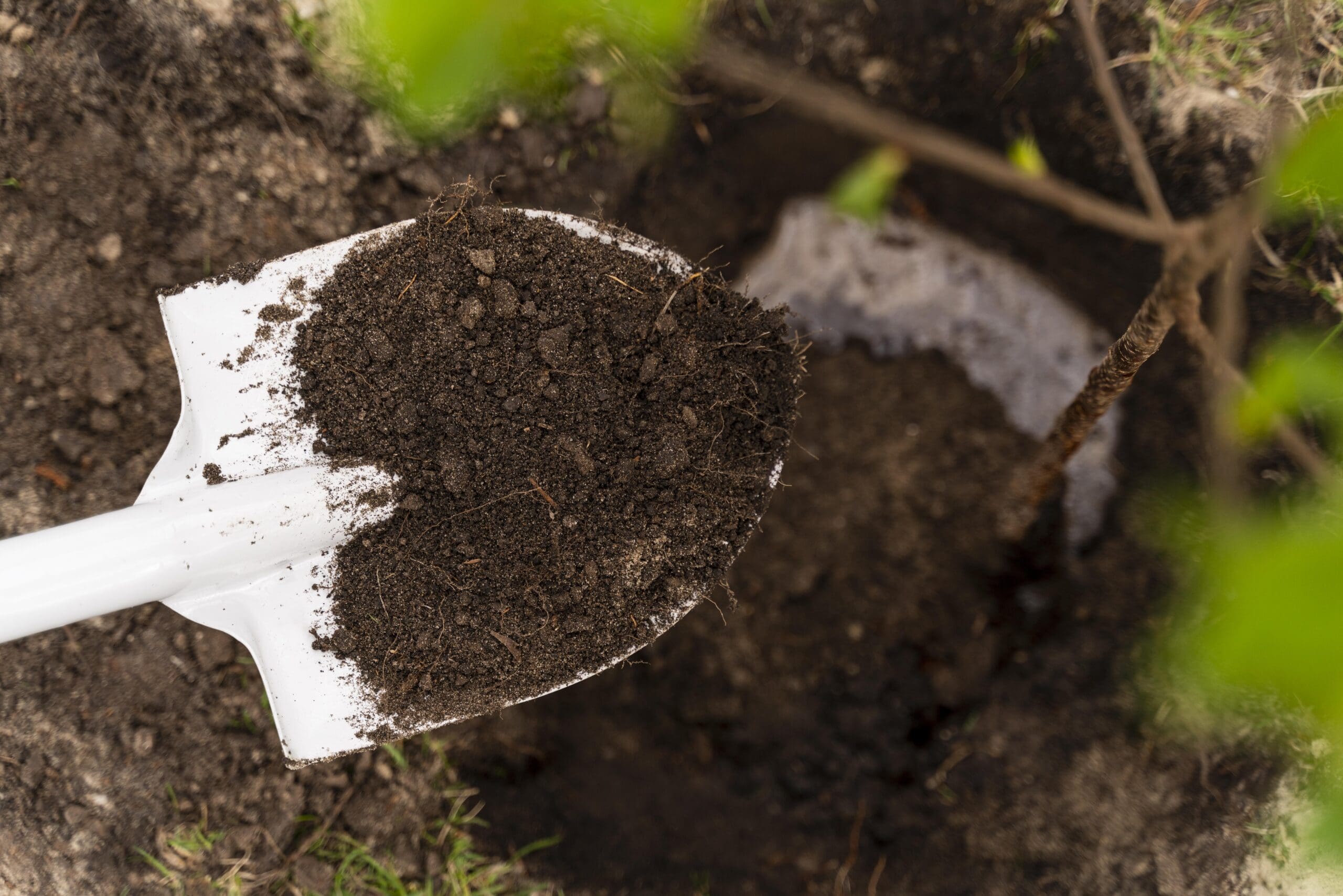
Pests
The last thing anyone wants is to check on their home vegetable garden and discover that the plants have been eaten or damaged by the animals and insects in their yard. Place your plants in a raised garden bed or put a fence around your garden, this will deter animals like rabbits and deer from entering it. For deer, the fence should be at least 6-8 feet tall to make sure they are not able to get over it. As for those pesky insects, you can try insecticidal soap sprays that can be found at almost any gardening store.
Another way to deter insects from your home vegetable garden is to plant marigolds in between your crops. Marigolds are known as a “trap crop”, which means it attracts insect pests and keeps them away from your other more valuable plants in the garden. Marigolds add a beautiful pop of color to your home vegetable garden and attract butterflies and other welcomed pollinators to help your garden grow!
